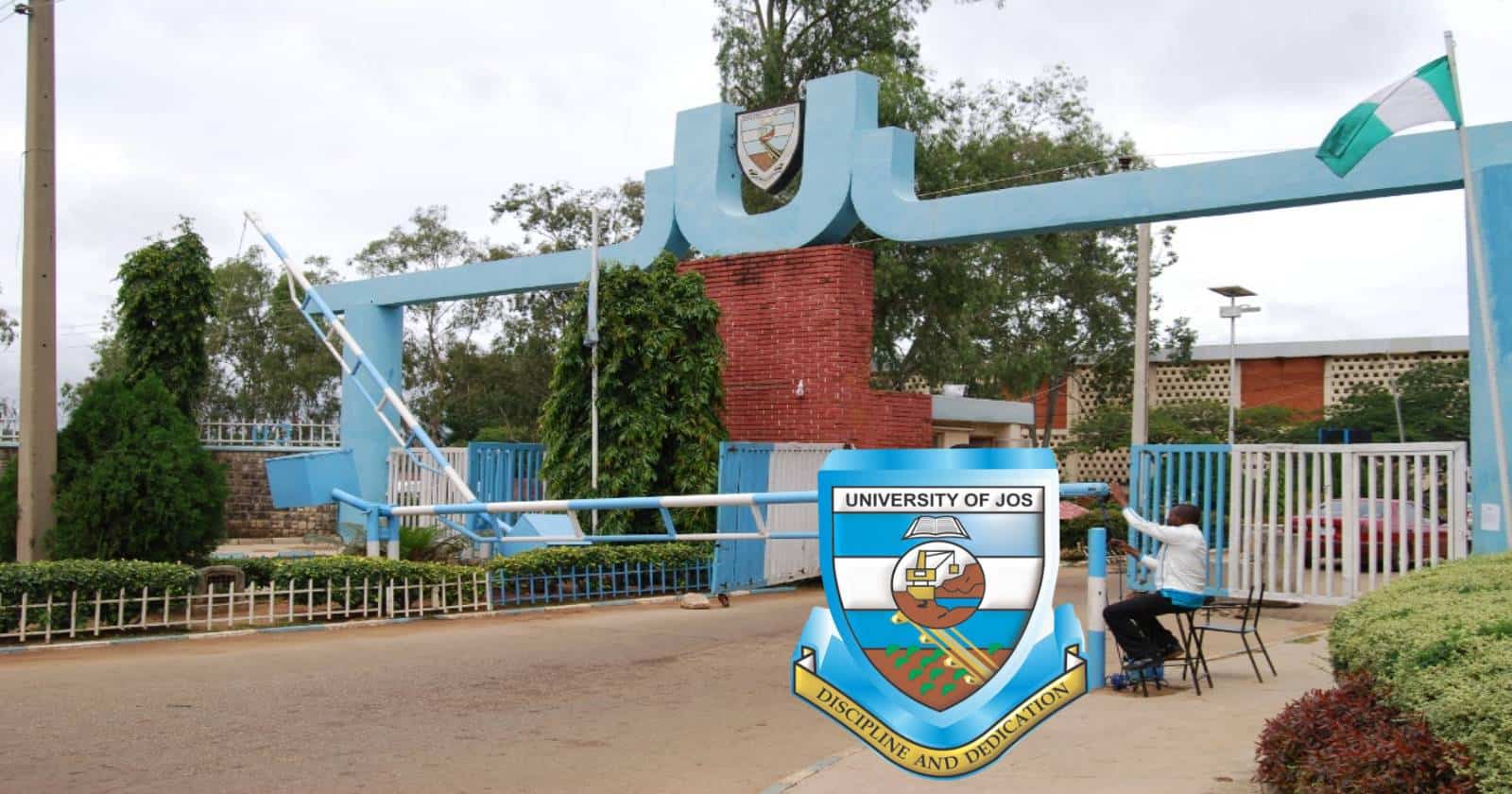UNIJOS MA Film Culture & Archiving Studies 2023/2024 – Unique Opportunity in Film Studies!
Are you passionate about film culture and eager to delve into the world of archiving? The University of Jos, in collaboration with the National Film Institute, introduces a groundbreaking MA in Film Culture and Archiving Studies for the 2023/2024 academic year. Have you got what it takes to join this unique programme, the first of its kind in Africa and a rarity worldwide? Let's find out how you can be a part of this exciting venture!

The School of Postgraduate Studies at the University of Jos, in collaboration with the National Film Institute (NFI) and supported by various German institutions, is proud to announce the commencement of a groundbreaking 24-month Masters Programme in Film Culture and Archiving Studies. This programme, housed in the Department of Theatre and Film Arts, uniquely blends theoretical and practical elements to offer an in-depth exploration of film culture, alongside a scientific approach to film archiving.
🎓 Programme MA in Film Culture and Archiving Studies
🏛️ Institutions University of Jos and National Film Institute
🌍 First in Africa Unique course offering in film studies
🤝 German Collaboration Partnership with Goethe Universität and more
🎥 Course Focus Theory and practice of film archiving
📚 Eligibility Bachelor’s degree in related fields, 2.2 minimum
📝 Application Method Online through UNIJOS portal
📆 Deadline Application closes on 7th February, 2024
Table of Contents[Show]
Overview of the MA Film Culture and Archiving Studies Programme
This initiative, a first of its kind in Africa, represents a significant knowledge transfer collaboration between German and Nigerian institutions. The German partners include Goethe Universität, Deutsches Film Institute & Film museum, and Arsenal Institut für Film und Videokunst Berlin. These establishments are part of the TNB (Transnationale Bildung) programme. In Nigeria, the prestigious Nigerian Film Corporation/National Film Institute, Jos, and the University of Jos are the primary collaborators. This programme is not just a regional first; it is one of only a dozen similar programmes globally.
The Objectives of the Programme
The primary goals of this innovative programme are as follows:Train scientific personnel for film and media archives.
Equip institutions across Africa with the necessary skills in film culture.
Enhance capacity for preserving the audiovisual heritage of Nigeria and Africa.
Boost employment opportunities: It’s notable that over 90% of students who pursued this course in Germany are currently employed, a trend expected to be replicated in Nigeria.
The University of Jos and Goethe University will provide the theoretical foundation, while the Nigerian Film Corporation through NFI will oversee the practical training aspects. The University of Jos, leveraging its affiliation with the National Film Institute, will confer the degrees.
Target Audience for the Programme
This programme is tailored for Nigerian and international students aspiring to forge careers in film culture and archiving studies. With the burgeoning film industry in Nigeria and across Africa, there is a significant demand for professionals skilled in these areas.
Admission and Eligibility Criteria
To be considered for the MA in Film Culture and Archival Studies, applicants must meet the following criteria:Academic Qualifications: Possess a Bachelor’s Degree in Film Arts, Theatre & Film Arts, or related fields from recognized institutions.
Additional Qualifications: Candidates with degrees in Mass Communication, Social Sciences, Arts/Humanities, or Natural Sciences are also eligible.
Academic Standing: A minimum of a second-class lower division (2.2) degree or a Higher National Diploma (lower credit) with a CGPA of not less than 2.40 is required. Candidates with third-class degrees or lower HND qualifications must meet additional University of Jos Postgraduate admission requirements.
Practical Experience: Applicants with a background in film but lacking formal qualifications in Theatre or Film must have at least five years of post-graduation experience in the film industry.
English Proficiency: Basic O’ level results with a credit in English Language are essential.
Application Process
To apply for the programme, follow these steps:Account Creation: Visit portal.unijos.edu.ng and register an account.
Application Form Payment: After account activation, log in and proceed to pay the application charges through your preferred payment option (Bank Branch, Card, etc).
Filling the Application Form: Once payment is successful, log back in, update your profile, and fill in the online application form. Ensure all sections are completed accurately.
Submission of Application: After filling out the form, submit it and print a copy for future reference.
Note: It’s crucial to use a valid and functional email address and phone number for all correspondence. Also, be aware that any corrections to personal information after completing the application form may incur additional fees.
Important Deadlines and Contact InformationApplication Deadline: All applications must be submitted before 7th February 2024.
Notification of Shortlisted Applicants: Shortlisted candidates will be informed via text messages and emails on 21st February 2024.
For further enquiries, please reach out to the Department of Theatre and Film Arts, University of Jos, or the National Film Institute. Contact details are as follows: 08033015693 (UNIJOS), 08034834404 (NFI), or email at [email protected].
In Conclusion
The MA Film Culture and Archiving Studies programme at the University of Jos stands as a monumental step in advancing the field of film studies in Africa. It offers a unique blend of theoretical and practical knowledge, making it an excellent choice for those passionate about film culture and preservation. This programme not only promises to enhance the skills of its students but also aims to significantly contribute to the preservation and understanding of Africa’s rich audiovisual heritage. If you have a passion for film and a desire to be part of this exciting field, this programme could be the perfect opportunity for you.


